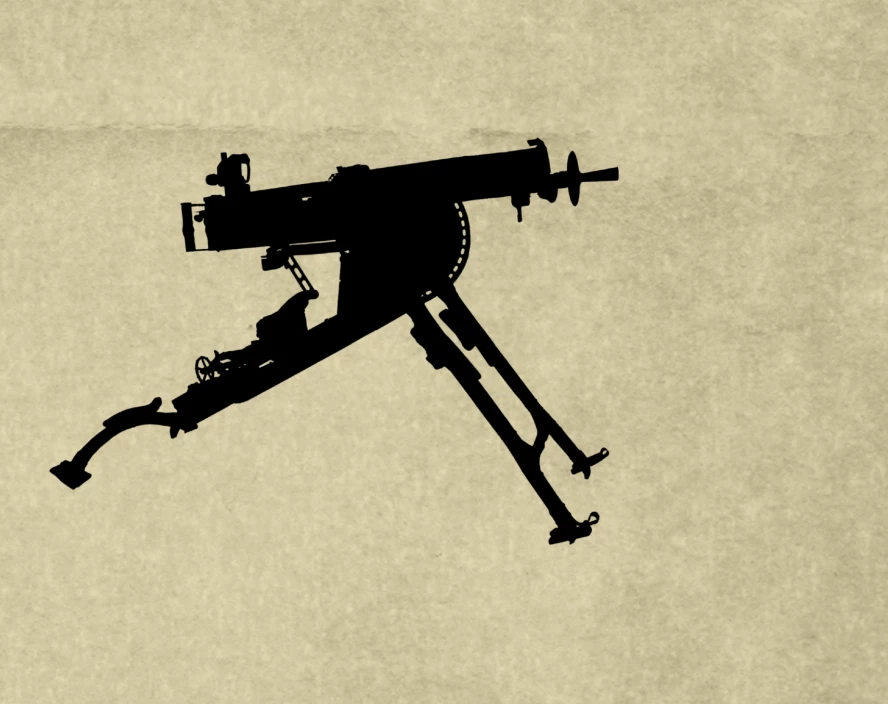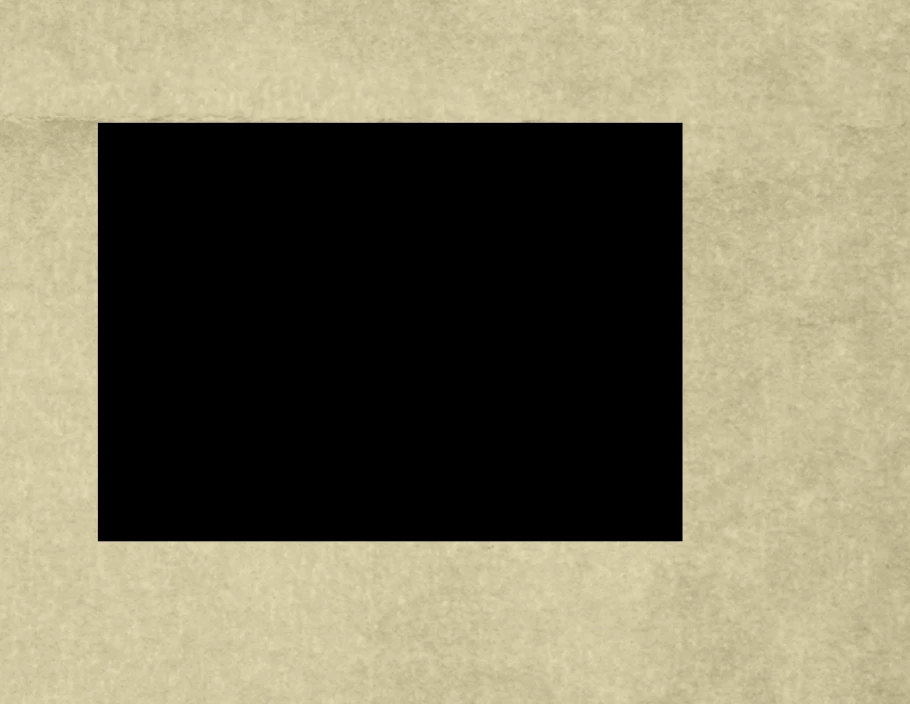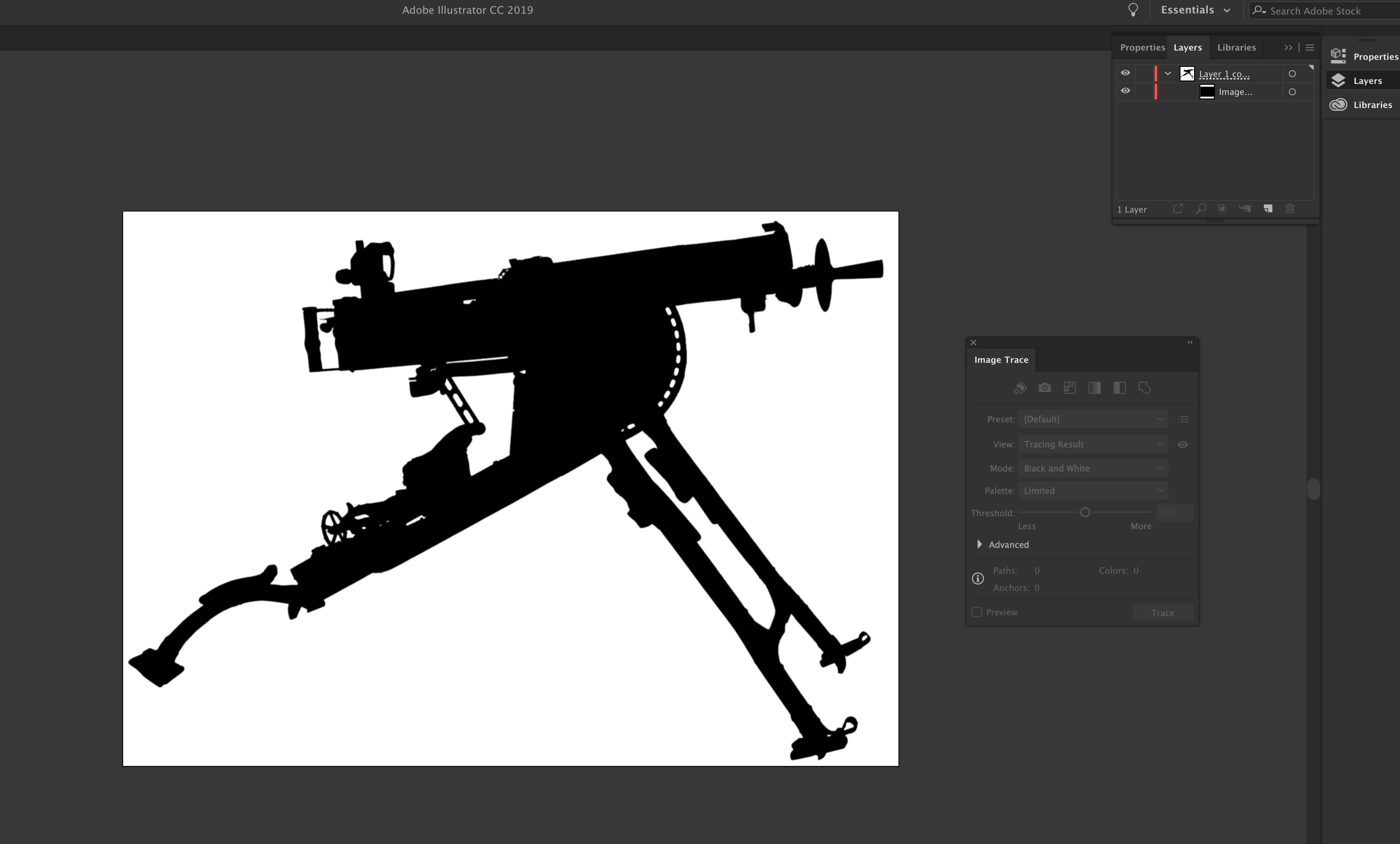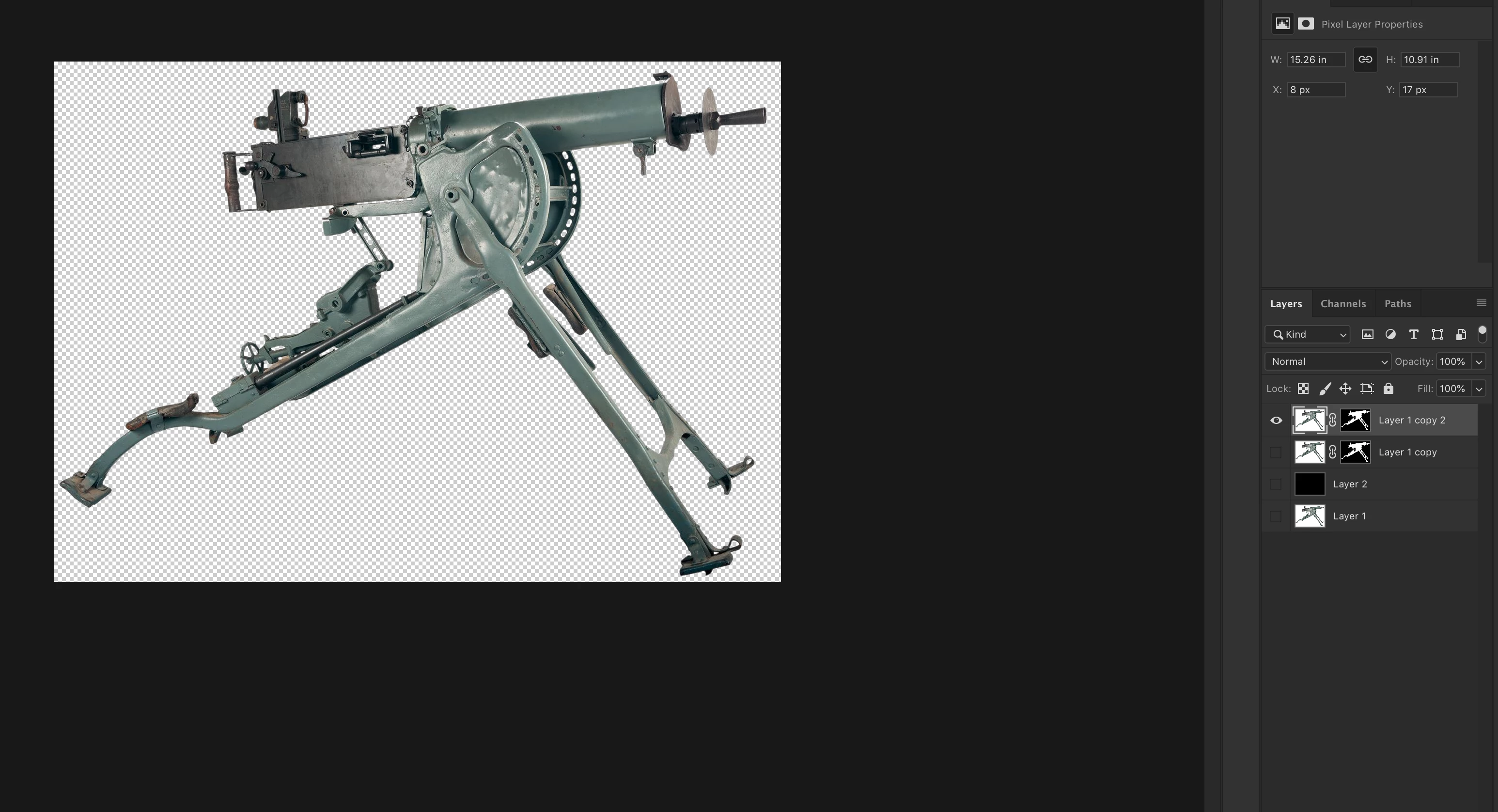my Illustrator clip art file turns into a a black square when i convert it into a shape layer
I'm doing a documentary about WWI, and when I bring in my Illustrator clip art file, it turns into a black square or rectangle as soon as I convert it into a shape layer in After Effects. Has anyone else run into this issue? Please let me know if you need more details. Thanks in advance for any help with this.






